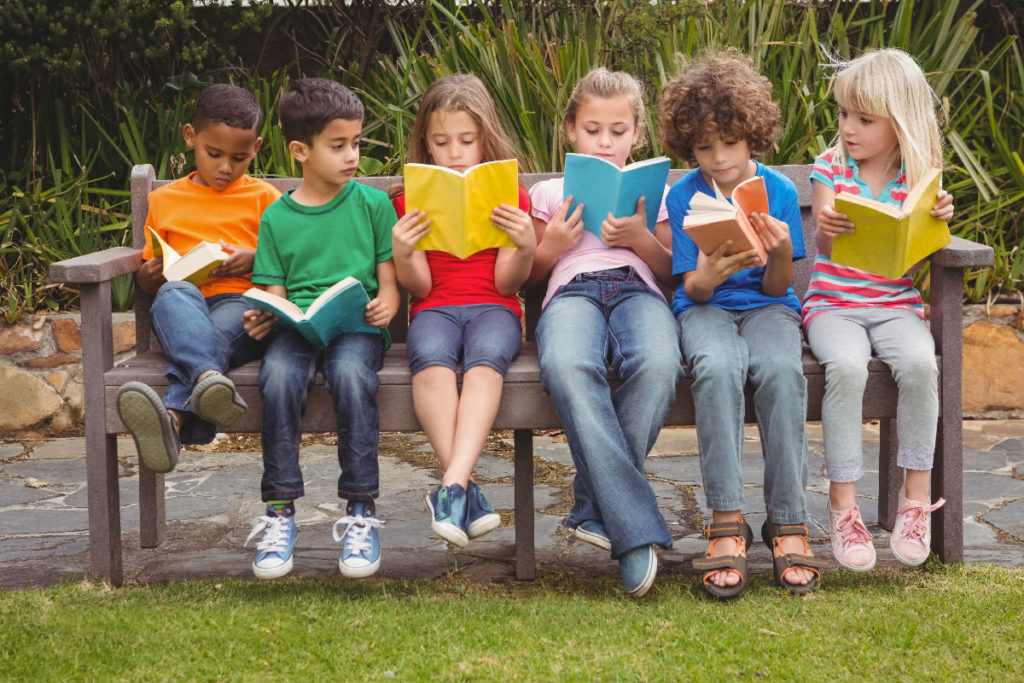A preschooler who reads just 15 minutes a day at home or school , hears no more and no less than 2 million words per year . This means that they will have read a total of 900 hours by the time they reach the sixth grade, and their grades will most likely be better than those of other students who have not.
But if this is not enough to motivate your child towards the reading path, we give you 5 other reasons to achieve it:
Helps language development
Reading aloud to our children from the moment they are born can have a very positive influence on them. The brain will be able to make connections between written words and the words it hears , thus expanding its vocabulary without the child noticing. In addition, it will greatly improve your spelling and the way you express yourself.
Improves brain development
Many teachers and education professionals agree that people who read are smarter . A study carried out by the American Academy of Pediatrics, concludes that children who find a space to dedicate to reading, activate the part of their brain responsible for understanding and relating concepts to later store them in memory.

Helps understand a world outside our own
Reading helps to understand great thinkers of history, through reflections or words that were inspired by personal experiences. This enables children to understand the world in a different way, expanding their reality and opening their minds to reflect .
Close family ties and communication
We all agree that reading strengthens family ties . We can start by reading with them in their room or in the living room, choosing at the beginning books that have many illustrations since that way it will cost them less. Little by little we will be able to choose other materials with less illustration to encourage the children’s imagination.
Many possibilities to choose from
There is no excuse not to read. It is always advisable to do it through physical books , but we can opt for other options that are very fashionable, such as digital books . In addition, we can find great storytelling apps suitable for children on Android or IOS mobile platforms. Any option is good to start to encourage the habit of reading in them.
Do not you think?












































































































Thank you, this article helped me a lot.